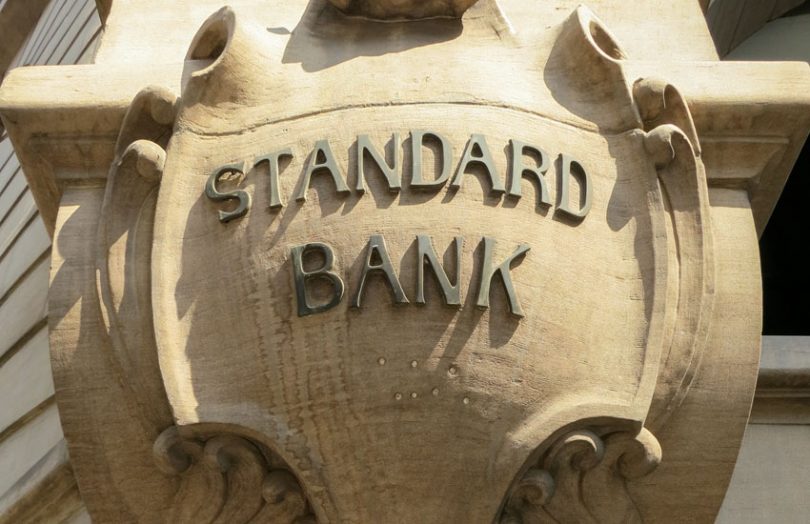Today Hedera Hashgraph announced that Standard Bank is adopting its public permissioned distributed ledger technology (DLT) network. The bank will also join the governing council that includes several financial companies such as Nomura, payments firms FIS / Worldpay and eftpos, and several major technology firms such as Google and IBM.
The nodes and governing council are gradually becoming more geographically diverse with the addition of South Africa’s largest bank, following the Australian payment system eftpos that recently joined.
“As an organisation, we have established that blockchain technology can track and leapfrog legacy issues that prevent a seamless and transparent payment experience for the customer, which ultimately enables cost savings for all stakeholders,” said Adrian Vermooten, Standard Bank’s Chief Innovation Officer.
He continued, “It is within our vision to enable the group and our clients to connect with networks, within and outside of the Standard Bank Group. These developments form part of our strategic objective to drive digital transformation both within the organisation, and with our partners as a key tenet of delivering value for clients.”
To date, Standard Bank’s blockchain initiatives have revolved around cross border trade. Two years ago, it was working on a corporate foreign payments solution to help with transparency, especially for anti-money laundering (AML). It also planned to collaborate on the project with the world’s largest bank, China’s state-owned ICBC, a 20% shareholder in the South African bank since 2007.
More recently, Standard Bank joined two major trade finance networks, Marco Polo and Contour.
There are multiple blockchain solutions targeting payment delays because of AML queries. The aim is to communicate and address hold-ups faster. But the other big friction in cross-border payments is correspondent banking, something that stablecoins address.
For a bank to transmit money to another bank, it needs to have a bank account at the receiving bank. If it does not have an account at the destination, it has to use another bank – the correspondent bank – as a go-between. That adds cost, delay, and complexity, especially if there are AML queries. And there are a declining number of correspondent banks.
Stablecoins or central bank digital currencies (CBDC) offer an alternate route to correspondent banking and do not require an account at the destination. A coin in one country is swapped for the stablecoin in the other currency without the need for an account.
“As we see increasing interest in Central Bank Digital Currencies (CBDCs), tokenization of assets, and utilization of stablecoins, it has become increasingly clear that digitization of assets will impact all facets of our business, and we must strategically plan for these pieces to work seamlessly together,” said Ian Putter, Head of DLT/Blockchain at Standard Bank Group.
Standard Bank is also a participant in Project Khokha 2 South Africa’s second CBDC trial announced last week.







